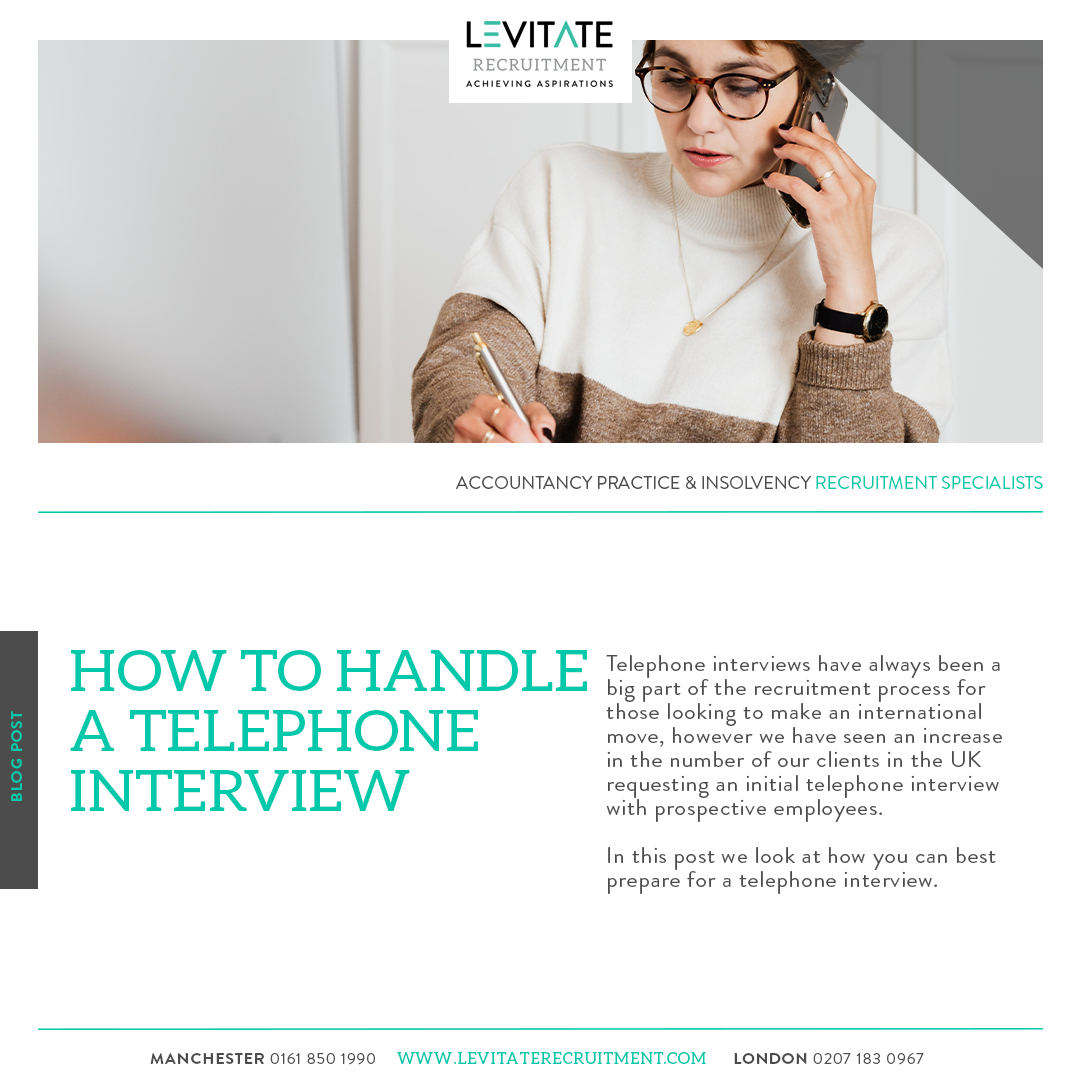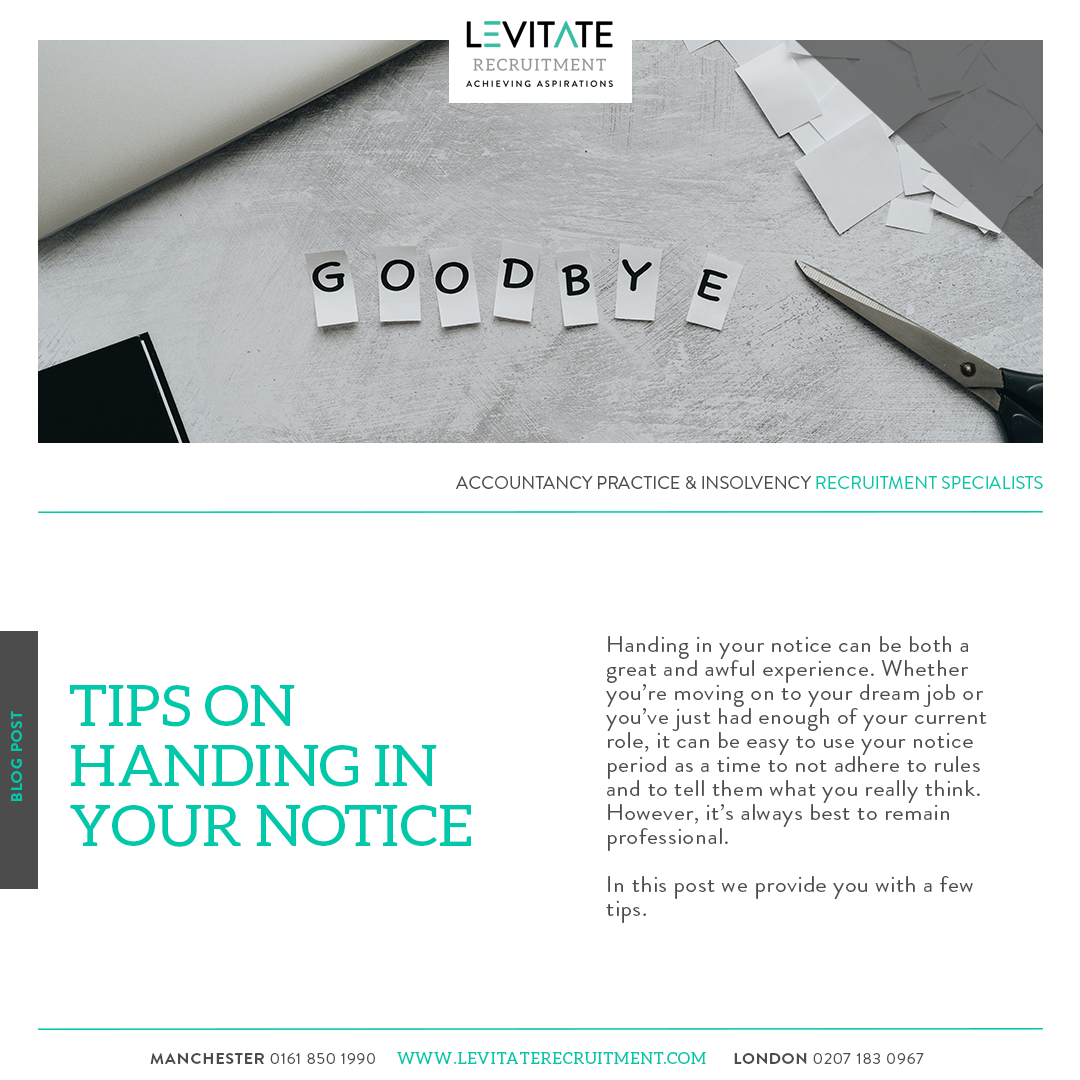Making any career move is an important decision, one that is only intensified by the possibility of relocation.
We have reached out to a number of individuals we have assisted over the years who have successfully made a career move overseas.
We spoke to Karlien who we assisted make a move from a Big 4 practice in the UK to join an Insolvency specialist in Perth, Australia.
Nationality: Originally from South Africa but has dual British / South African nationality.
Location to and from: Moved from the UK to Perth, Australia
Experience Background: Senior Insolvency Administrator with a Big 4 practice. No professional qualifications at the time but had 13 years of insolvency experience.
Role secured: Senior Insolvency Administrator with a leading Insolvency Specialist.
- Why did you first consider making a move overseas? My partner is an Australian and was keen to go back home to Perth.
- What locations were you interested in and why? Perth as that was where his family and friends were located.
- What were your personal circumstances at the time of the move – single/married/homeowner? De-facto Relationship, renting.
- How did you find out about opportunities and start to apply for roles? Through Scott Lowes at Levitate Recruitment after applying for an advert I saw online.
- What useful information was provided to you by the recruiter? Scott had excellent knowledge of the Australian market and knew of the local firms in Perth that would be suitable. He had several contacts so was able to assist my needs and secure an interview at a firm that was a good fit.
- How did the interview process work? I was already in Australia so was able to attend interviews in person.
- How long did it take to secure a Visa or work permit and what was required from you? I went in on a De-facto partner visa which I had applied for circa 6 months prior to the visa being granted.
- Please can you walk us through your first 3 months in the new location/job and how you managed to settle into your new life? The biggest hurdle was finding rental accommodation as a very high percentage of people own their own properties. Fortunately, we were able to stay with friends. Getting bank account, driving license, Medicare etc. sorted took less than 2 weeks to sort out. The Australians are very laidback easy-going people, however very driven and hard-working. I joined the social club at work, which helped to get to know my colleagues out of the office and make friends. Taking part in networking events also broadened my social circle as well as joining study groups for when I was doing some exams.
- How do you feel it benefitted your personal development? Moving from London to Perth was a big adjustment, however a good one. There is more focus on the importance of family life here. People tend to start early and only work past 5:30 pm if necessary. I’ve learned to slow down a bit and not to rush around everywhere!
- How do you feel an international move benefitted you professionally? I’ve had to do some Insolvency Law exams and almost had to start again in respect of the different types of Insolvency here compared to the UK. There was a steep learning curve, but it has definitely been beneficial especially with the increase in cross-border insolvency matters.
- How long was the process from you speaking with Levitate to you actually making the move? I left London in March to go travelling and arrived in Australia in November. In this period, I was in touch with Scott and I had an interview lined up within a couple of weeks of arriving in Perth and secured the job a week after my 2nd
- What value do you think working with Levitate Recruitment had on you securing an opportunity overseas? Arriving in a new country is stressful enough without having to try and find a job as well. So, I could concentrate on getting accommodation, and improving my surfing skills whilst Scott was doing all the hard work of finding me job opportunities!











